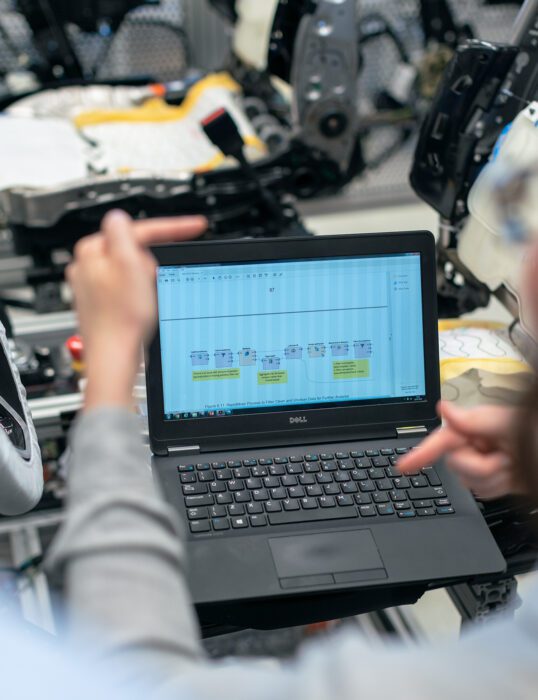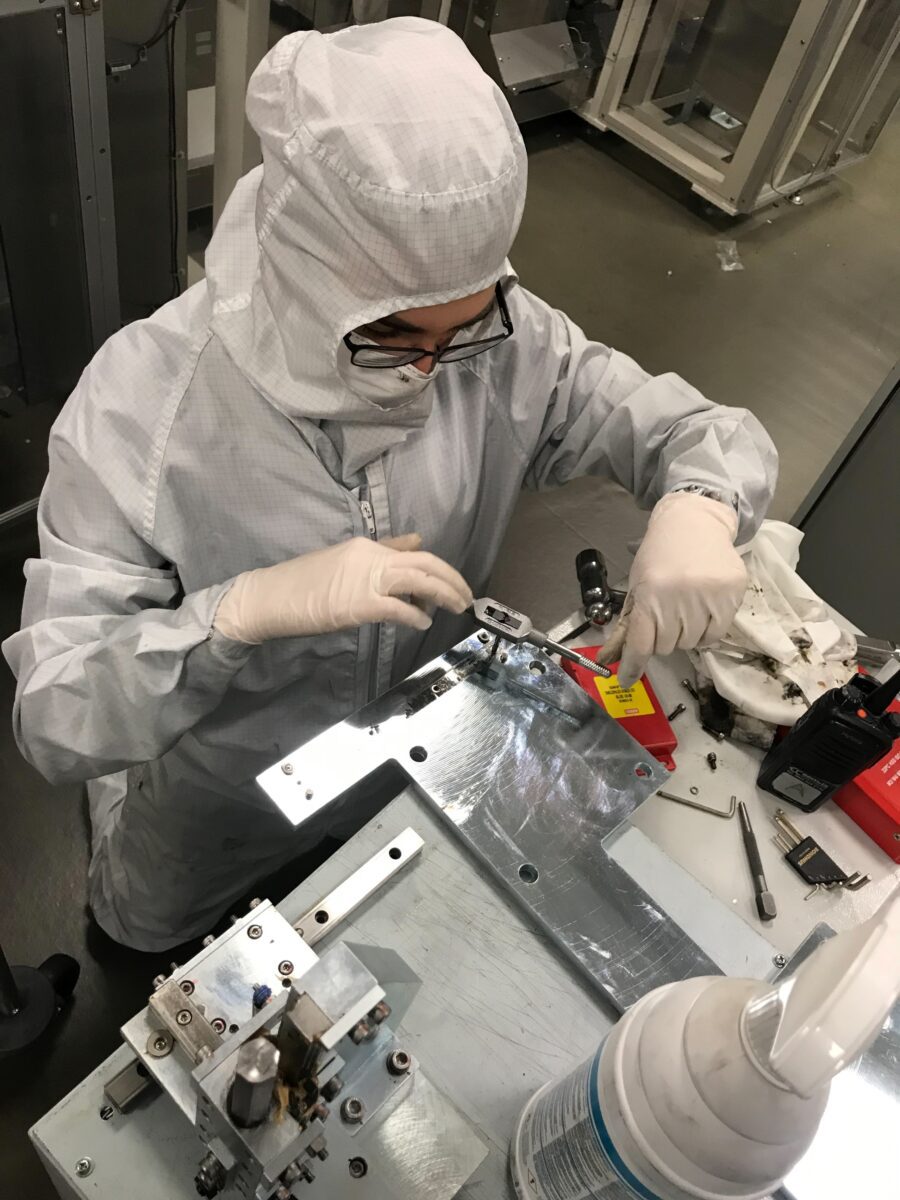Real-life examples of this role include the inspection of batteries, engines, Formula 1 gearboxes, nuclear reactors, and other safety-critical components. You could work in a wide range of industries from aerospace to power generation, marine to railways, oil and gas to construction.
Spotting the signs of a fault, whether that’s in materials, components, welding or equipment, helps to reduce operational costs and delays. That’s because it’s better to deal with a fault before a major breakdown occurs, or too many substandard goods have been made.



